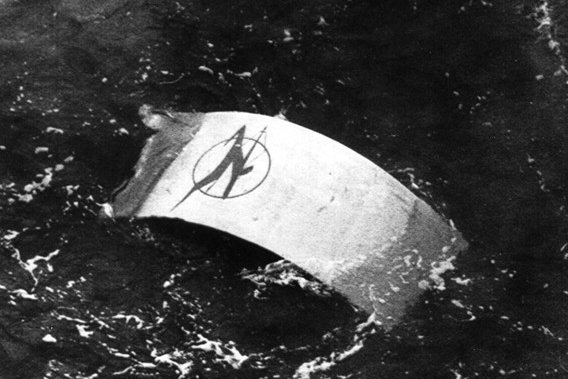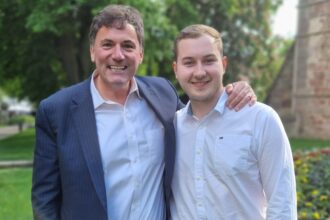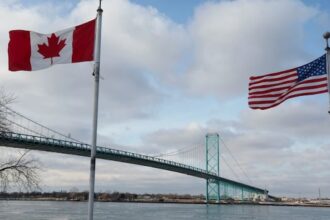The morning of June 23, 1985 began like any other Sunday for 12-year-old Susheel Gupta. His mother, Ramwati Gupta, a lab technician at an Ottawa hospital, kissed him goodbye before departing for India to visit family. Hours later, Air India Flight 182 exploded off the Irish coast, killing all 329 people aboard—including 268 Canadian citizens or permanent residents—in what remains Canada’s deadliest terrorist attack.
“I remember waiting at home for the phone to ring, for someone to tell us she was okay,” Gupta, now 51, told me during our interview at his Ottawa home. “That call never came.”
Four decades later, as Canada commemorates this solemn anniversary, Gupta’s journey from bereaved child to federal prosecutor and victims’ rights advocate embodies both personal resilience and Canada’s complicated relationship with this national tragedy.
The bombing, orchestrated by Sikh extremists seeking revenge against the Indian government, exposed devastating gaps in Canada’s national security infrastructure. Canadian intelligence agencies had received warnings about potential threats to Air India flights but failed to effectively coordinate their response.
“For years, this was treated as an ‘Indian tragedy’ that happened ‘over there,’ despite the fact that most victims were Canadian,” Gupta explains, frustration still evident in his voice. “It took decades for Canada to truly acknowledge this as a Canadian tragedy.”
Only one person—Inderjit Singh Reyat—was ever convicted in connection with the bombing, receiving a mere five-year sentence for manslaughter. Two other suspects were acquitted in 2005 after a protracted legal process that cost Canadian taxpayers over $130 million.
Former Supreme Court Justice John Major’s public inquiry in 2010 condemned the “cascading series of errors” by Canadian officials both before and after the bombing. The report made 64 recommendations to strengthen national security and support for victims of terrorism.
Dr. Padmini Turlapati, who lost both her sons Sanjay and Deepak in the bombing, told me that the families’ fight for recognition felt like “a second victimization.”
“We weren’t just grieving our loved ones,” she said. “We were battling a system that seemed determined to forget.”
For Gupta, his mother’s death fundamentally altered his life’s trajectory. He pursued a legal career, eventually becoming a federal prosecutor and later Vice-Chairperson of the Canadian Human Rights Tribunal. In 2007, he was appointed as a special advisor to the Air India Inquiry.
“I wanted to understand how our systems failed so catastrophically,” Gupta explains. “And I wanted to ensure other families wouldn’t experience what we did.”
The bombing prompted significant reforms to Canada’s aviation security protocols, including enhanced passenger screening and baggage reconciliation. The creation of the Canadian Security Intelligence Service (CSIS) was accelerated, and coordination between security agencies was improved.
However, victims’ families argue that many lessons remain unlearned. They point to the continued challenges in prosecuting terrorism cases and the bureaucratic obstacles that still hinder intelligence sharing between agencies.
Prime Minister Justin Trudeau acknowledged this painful history in a statement marking the anniversary: “The Air India bombing was not only the most deadly terrorist attack in Canadian history, but was, until 2001, the most deadly terrorist attack anywhere in the world.”
For families like Gupta’s, such official recognition represents a hard-won victory in their decades-long struggle for acknowledgment. Memorial sites now stand in Toronto, Montreal, Vancouver, and Ottawa, serving as permanent reminders of the lives lost.
“My mother was kind, brilliant, and determined that her children would have opportunities she never had,” Gupta reflects, showing me a faded photograph of Ramwati smiling in a garden. “The greatest tribute I can pay her is to ensure Canada never forgets what happened, and never stops working to prevent such tragedies.”
As Canada marks this somber milestone, the question remains: Has our nation truly reckoned with the security failures and cultural blind spots that allowed this Canadian tragedy to occur, or do we risk history repeating itself through institutional amnesia and political convenience?


















